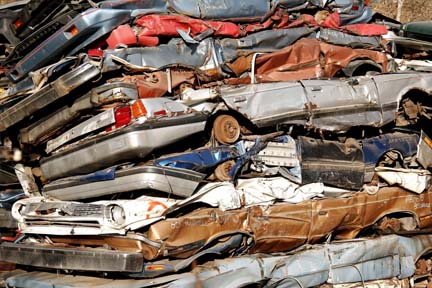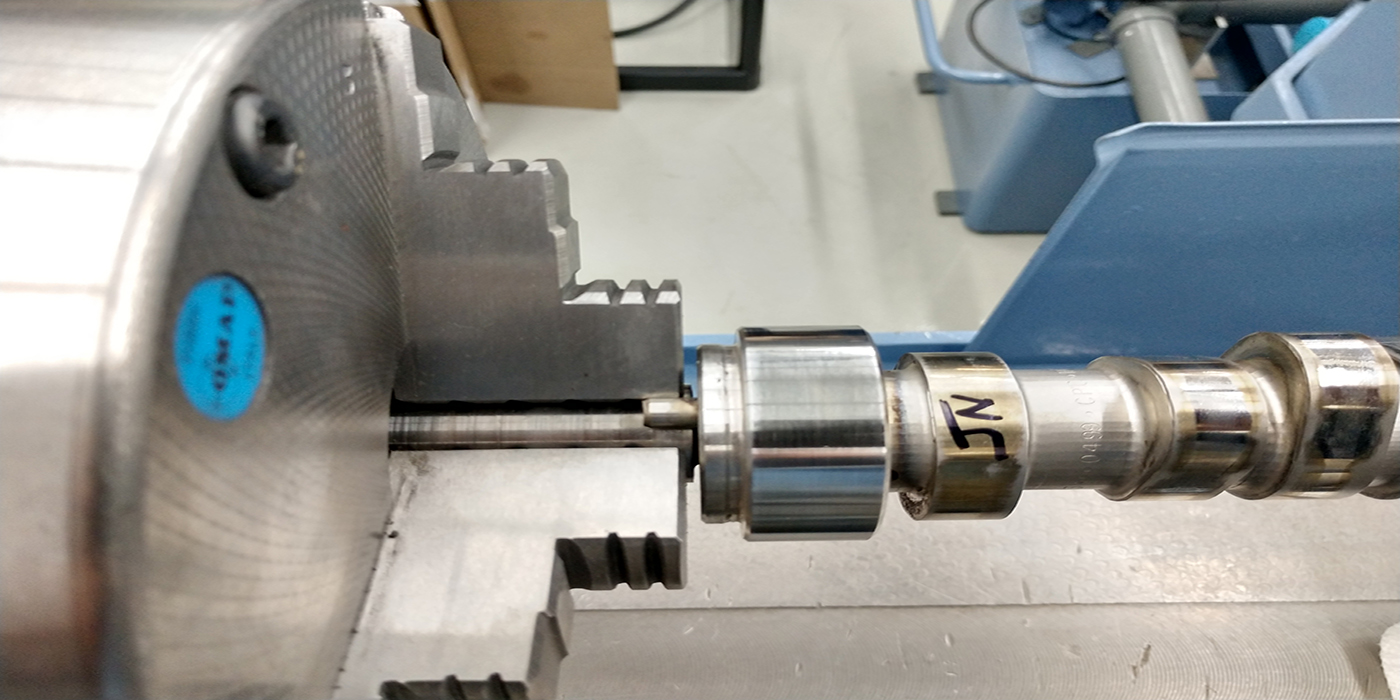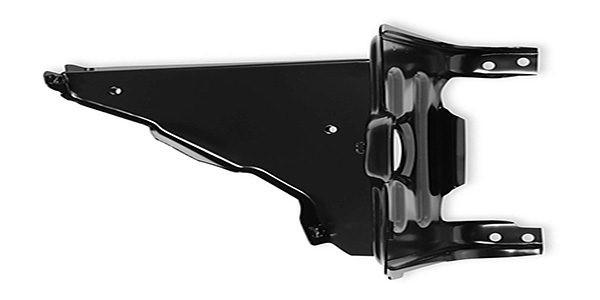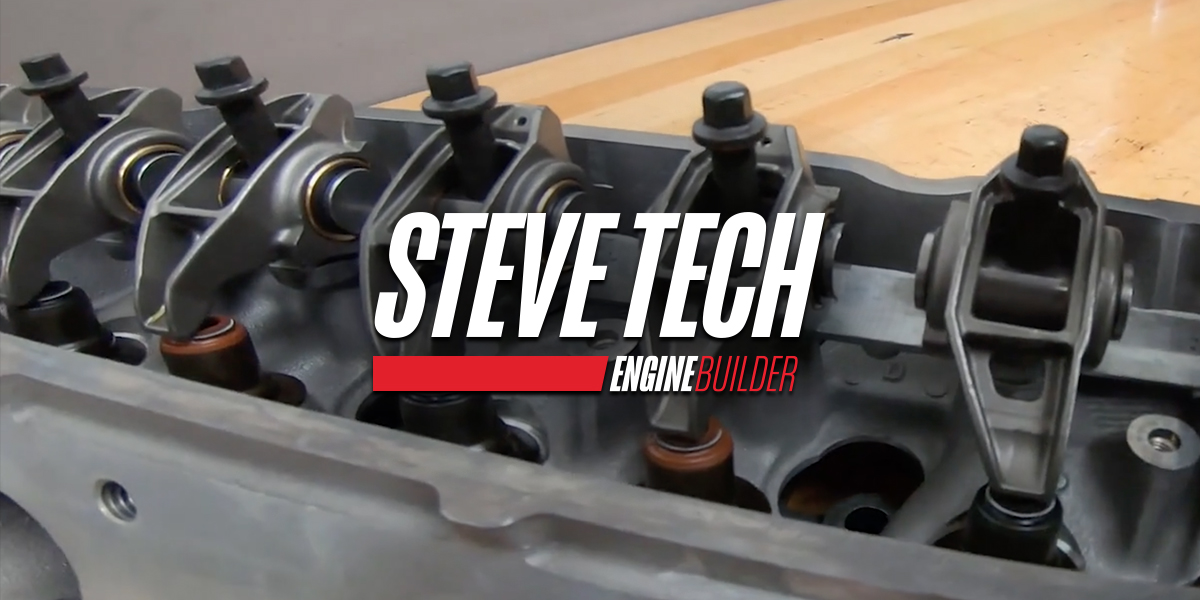Why We Think “Cash For Clunkers” Should Be Scrapped
Let’s face it; concern over the environment is a very important thing. Who doesn’t want to keep the world clean for future generations? Until those colonies on the Moon and Mars that we’ve been promised materialize, we’ve only got this one world and we need to work together to live in it.
 However, just like those Hollywood forecasts of intergalactic suburbs, we at Engine Builder believe the idea of government-funded vehicle scrappage programs (or “Cash For Clunkers”) are just that: science fiction stories that never should have been written.
However, just like those Hollywood forecasts of intergalactic suburbs, we at Engine Builder believe the idea of government-funded vehicle scrappage programs (or “Cash For Clunkers”) are just that: science fiction stories that never should have been written.
The intent of the programs, we’re being told, is to clear the road of gas hogs, cleaning the environment and stimulating sales of new cars. People who turn in cars that are older than 8 or 9 years and get relatively poor gas mileage would receive a voucher, bonus or credit to buy a new, more fuel-efficient vehicle. It sounds positive – but we believe Cash For Clunker programs are bad for three reasons, and we urge you to join the growing list of industry associations, businesses and individuals in letting the bigwigs in Washington know how you feel.
1) Bad Environmental Policy: Since our birth in 1964, Engine Builder has supported the notion that rebuilding something (engines, for example) is often a better option than buying a new something (again, engines, for example). The ultimate green industry is the rebuilding industry, and we agree with SEMA (the Specialty
Equipment Market Association) that the environmental cost to manufacture new vehicles far outweigh the benefits of scapping older cars.
“You’re taking something out of the system that hasn’t been used for its lifespan,” said Stuart Gosswein, SEMA’s regulatory affairs director.
2) Bad Business Policy: Automotive enthusiasts often have a reputation for wanting “speed at any price,” but the fact of the matter is that many of us are ecologically conscious. Part of Gosswein’s efforts on Capitol Hill include reminding Congress that SEMA members actually make products that can make older cars more fuel efficient. The North American automotive aftermarket accounts for more than $50 billion annually – eliminating the vehicles that need these parts and the cores that can be rebuilt would eliminate a huge part of our nation’s economy.
3) Bad Economic Policy: As we know, cars last longer than ever. So, a 9-year-old Chevrolet Silverado 1500 LS may have no visible flaws yet be tagged with a “Clunker” label. The “cash” part of the label would give the owner a few thousand dollars to help buy a new car, but it’s nowhere close to actually replacing a paid-off vehicle. The solution? Why, take out a new car loan, of course! With attractive financing rates (assuming your credit isn’t completely ruined) and a six-year payment book, you’ll be driving that new econobox well into the future. Aren’t we already in this financial nightmare?
Regardless of your political position, we believe Cash For Clunkers is a bad idea for our industry. Let’s quit pretending that it’s an environmental move (in fact, environmentalists don’t even think the program would have any impact) and come out and say what we all know is true: the only ones who benefit are the OEMs, as they’re able to move the iron that otherwise would just be sitting there.
A better move might be this: give tax credits for automotive repair work that improves efficiency and safety of vehicles currently on the road. If people want to buy new cars, by all means, give credits to them too. But let’s put dollars back into the economy by giving drivers an incentive to have service performed. It helps the local business, it helps fellow drivers, it helps national parts suppliers and, ultimately, it will help the environment as well.
The links on this page can give you more information about the Cash For Clunkers programs currently being debated in Washington, DC. We encourage you to contact your elected representatives and let them know how you feel.
–Doug Kaufman
Editor — Engine Builder Magazine
Interested parties can send an e-mail in opposition to the Cash for
Clunkers program to the Speaker of the House, the Senate Majority
Leader and their congressional representatives by visiting www.fightcashforclunkers.org and clicking on "Take Action."
SEMA Urges President Obama to Oppose Vehicle Scrappage Programs
President Obama and his Auto Task Force initiated a series of actions to help rebuild the U.S. auto industry. In an open letter to the president,
SEMA expressed a continued commitment to work with the president and
the U.S. Congress toward that goal. SEMA also expressed its opposition
to vehicle scrappage programs, also known as “Cash for Clunkers."
President Obama mentioned a willingness to consider including such a program within his auto restructuring plans.
In the letter, SEMA discussed the need to help consumers, automakers
and dealerships with a program to stimulate new-car sales. Assistance
could come in the form of government-issued vouchers toward the
purchase of fuel-efficient new vehicles, and allowing consumers to
deduct the car interest payments on their taxes. SEMA, however,
strongly opposed tying the vouchers to a scrappage program.
Scappage programs accelerate the demise of older vehicles, which are
then typically crushed into blocks of sheetmetal. Program supporters
focus on a car’s age or fuel-efficiency rating rather than its actual
emissions or how much it is driven. SEMA has consistently warned
against wasting taxpayer dollars on a program that may produce an
artificial spike in sales, but does not reduce emissions nor increase
fuel efficiency.
Automakers and dealers need to sell cars in order to survive, but
potential buyers have hit the brakes in these tough economic times.
Scrappage programs would actually deny vouchers to the majority of
people who may want to buy a new car but don’t have an eligible older
car to trade. Instead, these programs will be misused by those who own
two or three older cars and seek to take advantage of the taxpayer
giveaway.
Many of these cars aren’t frequently driven, if at all, so
destroying them will not clean the nation’s air or make us less
dependent on foreign oil.
While supporters tout a similar German program as evidence of
success, the European Federation for Transport and the Environment,
(the pan-European federation of environmental groups), has urged
Germany and other countries to abandon scrappage subsidies because they
do more environmental harm than good by artificially accelerating the
car life cycle.
Scrappage programs hurt thousands of independent repair shops, auto
restorers, customizers and their customers across the country. This
industry provides thousands of American jobs and generates millions of
dollars in local, state and federal tax revenues.
SEMA encouraged the president to help the entire auto industry with
programs that focus the incentive where it counts: on the purchase of
new vehicles and not destroying older cars.
For more information on SEMA’s position on this issue visit www.sema.org.
AAIA – Administration "Cash for Clunkers" Proposal Bad for Consumers and Environment
Trade Association Cautions Against Creating Another Home Mortgage Debacle
While the Automotive Aftermarket
Industry Association (AAIA) supports efforts by the Obama
administration to help stabilize U.S. based vehicle manufacturers, the
association cautions that the "Cash for Clunkers" proposal will harm
the environment, negatively impact car owners, waste billions of
taxpayer dollars and hurt the hundreds of thousands of vehicle service
and repair businesses in America.
AAIA strongly opposes the use of "Cash for Clunkers" programs, which
threaten jobs in the independent aftermarket industry by removing
repair opportunities for vehicles and raising the cost of used cars and
parts.
"It seems arrogant to destroy perfectly good vehicles with many more
years of useful life just to entice consumers to purchase a car that
they might not be able to afford," said Kathleen Schmatz, AAIA
president and CEO. "This is hauntingly reminiscent to the home mortgage
debacle when consumers purchased homes they could not afford."
"Cash for Clunkers" would prematurely destroy vehicles and their
valuable parts and components, denying more affordable used vehicles
and parts to millions of low and middle income families who cannot
afford to purchase a new car even with a $3,000 to $5,000 government
voucher.
For more information on AAIA’s position on this issue visit www.aftermarket.org.
“Cash for Clunkers” Limits Access to Affordable Used Vehicles for Low and Middle Income Families
Cash for Clunkers would prematurely destroy vehicles and their valuable parts and components, denying more affordable used vehicles to millions of low and middle income families who cannot afford to purchase a new car even with a $3,000 to $5,000 government voucher.
“For families that cannot afford the price of a new vehicle even with a government voucher, the Cash for Clunkers program would limit their access to affordable transportation, a must for most working Americans,” said Aaron Lowe, vice president of government affairs for the Automotive Aftermarket Industry Association. “Cash for Clunkers may sound good at first, but when you take a closer look, it is clear that the Cash for Clunkers proposal will negatively impact car owners, wasting billions of taxpayer dollars.”
Steven Levitt, a University of Chicago professor of economics and author of the best-seller Freakonomics, recently wrote about Cash for Clunkers on his New York Times blog: “It also seems to me that any effect on the demand for new cars would be extremely limited. People who drive clunkers are generally not in the market for new cars. Presumably their replacement car will be a used car. The increased demand for used cars will lead to higher prices for used cars, which will push some buyers towards a new car, but the likely impact on new cars would be small.”
Congress and states have considered Cash for Clunkers proposals in the past and in many cases have decided against them. Many legislators have come to realize the unintended consequences of this program and that they are not a cost effective use of government money.
“Providing incentives for individuals to purchase fuel efficient vehicles or to have their current vehicle maintained would be a better use of federal money,” continued Lowe. “The bottom line is that Cash for Clunkers is a bad idea and should be rejected by Congress.”
About Fight Cash for Clunkers
The Fight Cash for Clunkers organization opposes the inclusion of a Cash for Clunkers provision in the economic stimulus package currently being considered by Congress, instead favoring tax credits to help upgrade, repair or maintain older vehicles, as well as tax deductions for interest on car loans and state sales tax. For more information, visit www.fightcashforclunkers.org.



